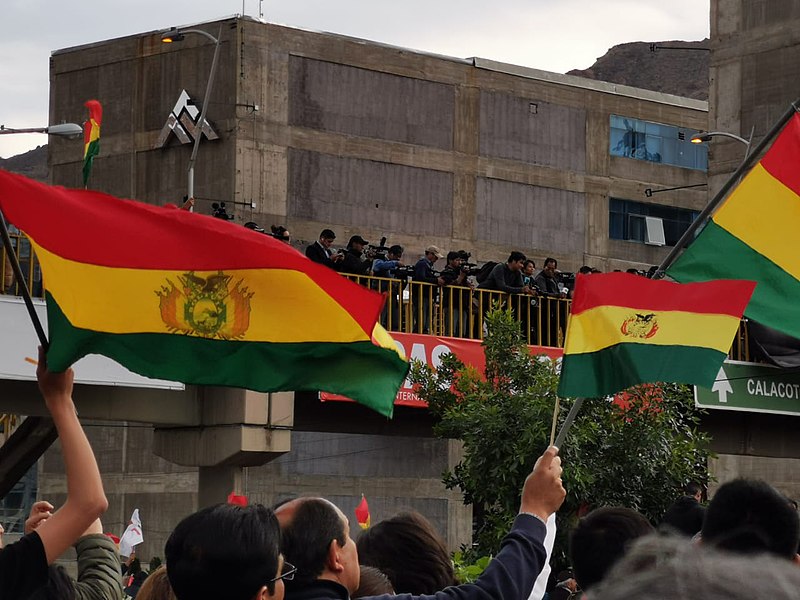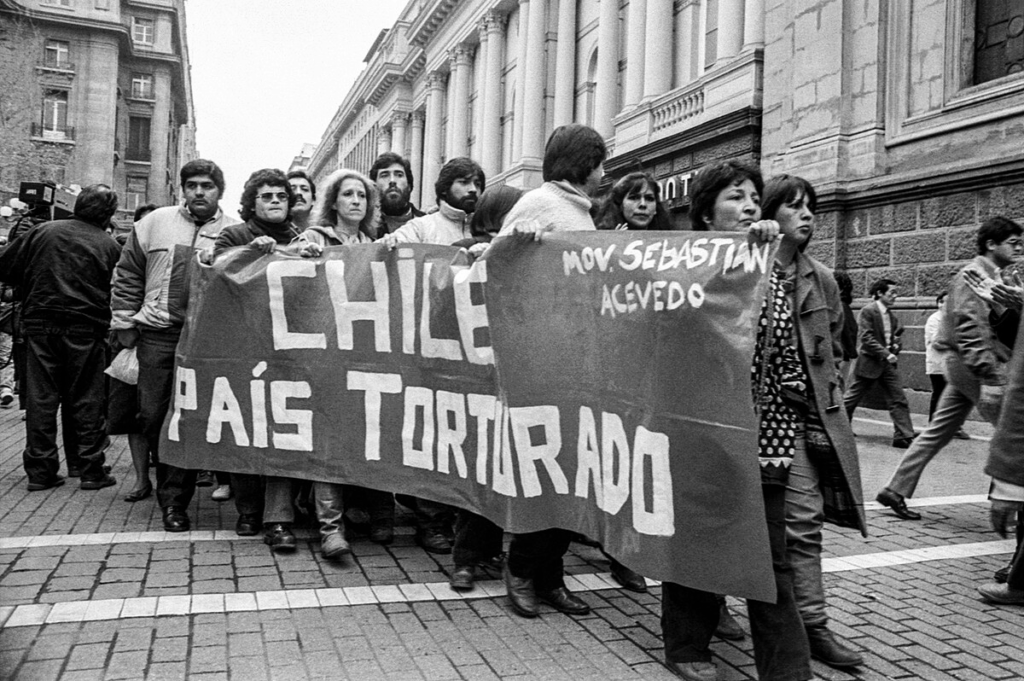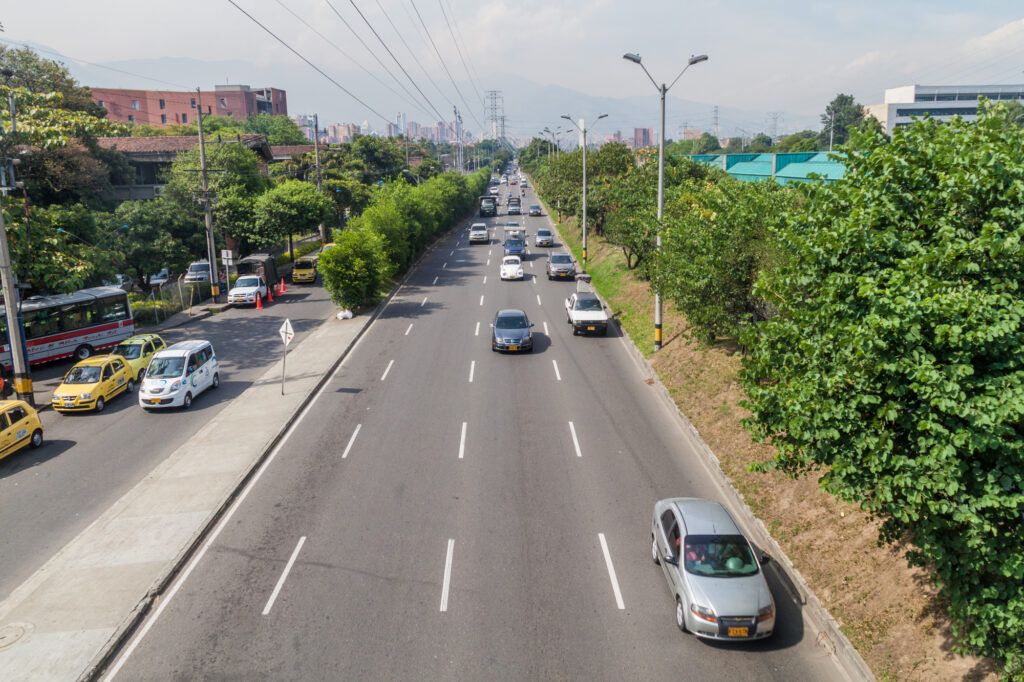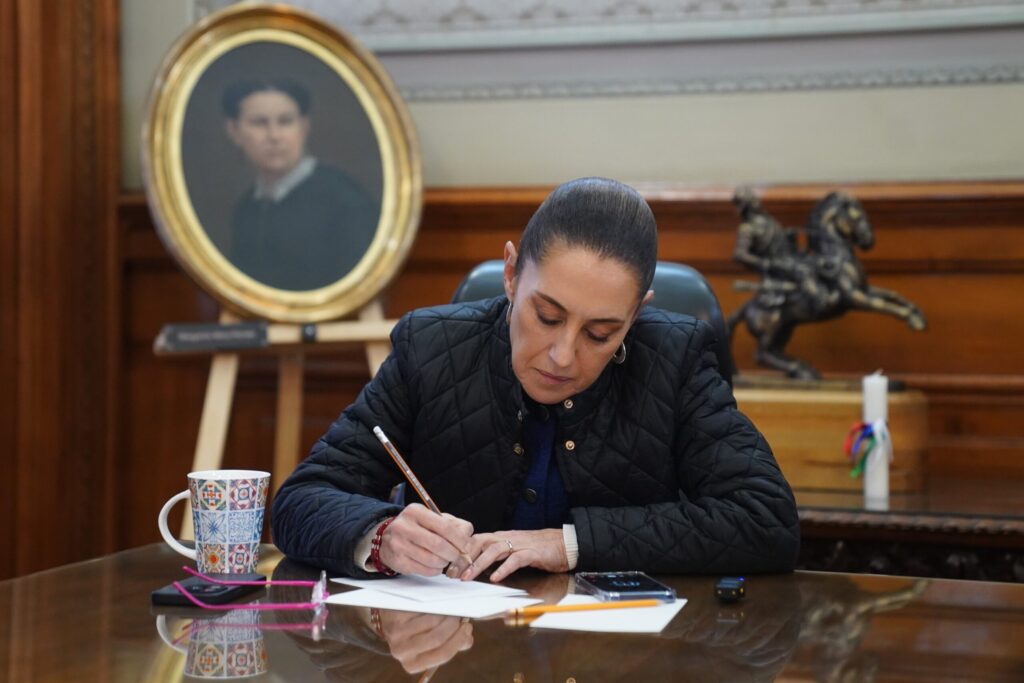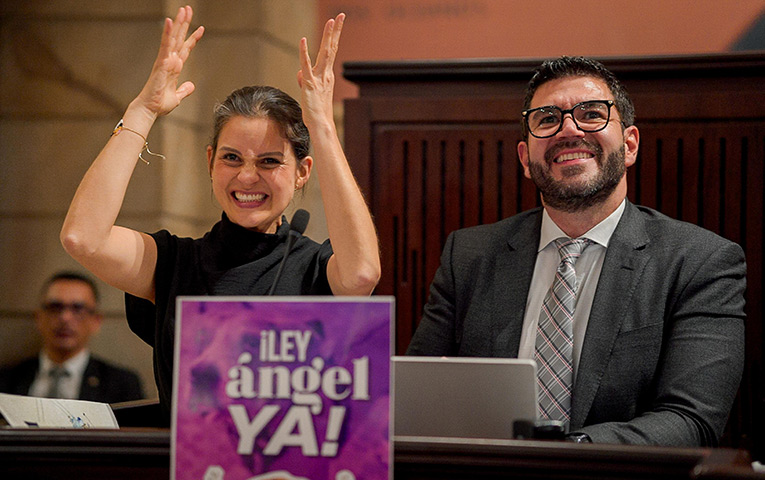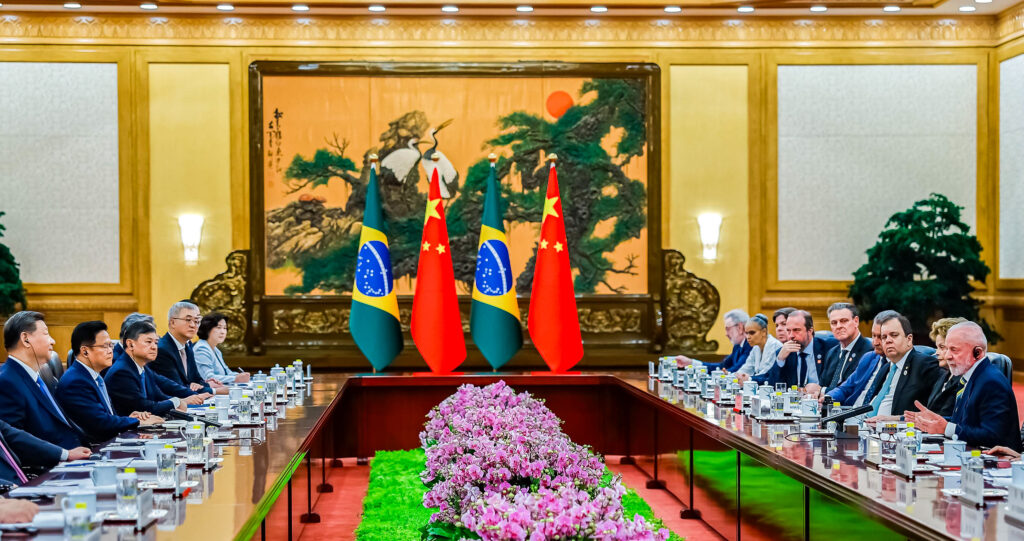Luis Fernando Camacho, lawyer and president for the Santa Cruz Civic Committee in Bolivia, called for “decisive action” to force current president Evo Morales to step down after controversial elections last month. He called for a nationwide strike and for the military to “side with the people,” but upon arrival in La Paz on Tuesday, November 5, Morales’ supporters blocked him from entering the capital city.
“The people are ready to lose everything, except their democracy and their nation,” Camacho said in a speech he gave the weekend before, reported by Colombian daily El Tiempo. “When tyranny becomes law, rebellion is a right. We aren’t tyrants, nor do we want to topple governments, but know that from tomorrow afternoon we are going to liberate a nation.”
Read more: Where do Bolivia, Argentina and Uruguay stand after recent elections?
Bolivia has been racked with protests since its presidential elections on October 20. Morales appeared to be heading to a run-off vote with rival Carlos Mesa until the Supreme Electoral Court stopped releasing preliminary data for nearly 24 hours on the day of the election. When the website resumed publishing data the following day, Morales had gained just over the 10-point lead he needed to win the presidency outright.
This caused widespread accusations of electoral fraud from Bolivians and international organizations alike, prompting the Organization of American States (OAS) to step in to audit the elections. The OAS expects to release results of the audit next week, and if the organization find any evidence of fraud, Bolivians will have to vote again in a run-off between Mesa and Morales.
Video courtesy of Elisa Meruvia Ledebur.
Mesa, who was president of Bolivia from 2003-2005, rejected the OAS audit, called for a second vote regardless of its outcome, and encouraged protests to continue.
Currently, two people have been killed in the demonstrations, according to Reuters. The protests have been marked by clashes between groups of Morales supporters and his opposers.
Just as in Ecuador and Chile, citizens have also highlighted the excessive police violence seen on the streets. Pamela Gonzales, 24-year-old co-founder of the Bolivia Tech Hub incubator, told Latin America Reports that she was hit in the face by a police officer whilst walking home from work.
“A group passes by that aren’t being violent, but the police respond violently,” she said. “People defend themselves, and from there the situation just gets worse.”
Elisa Meruvia Ledebur, a 25-year-old psychologist explained that racist commentary against the president had become part of the discourse among some protesters. She explained how the president’s opponents are using the word indio – a derogatory term for an indigenous person – to refer to Evo Morales, who is the first indigenous president and a strong promoter of indigenous rights.
Bolivian boxer Jennifer Salinas, for example, uploaded a video threatening and insulting Morales, calling him an “ignorant indio,” which was later removed for violating YouTube’s policy on hate speech.
Read more: Protestors in Chile and Ecuador resort to violence in order to be heard
Bolivia is a divided country. Much of Morales’ support base is in rural areas, where he has created policies to protect small-scale farmers and give rights to indigenous groups, whereas many of the protests are taking place in big cities such as La Paz and Santa Cruz, where more people are demanding Morales’ resignation.
Although many are aware that Morales has made many positive changes in Bolivia — the country’s economy is one of the few growing in the region — controversy over him running for a fourth consecutive term as president, when previously the constitution only allowed two, continues. If he is allowed to remain president for this upcoming term, it would mark nearly 20 years in power: a jarring thought for many Bolivians.
“[Morales staying in power] is really worrying, because this means that he’ll keep on extending his mandate,” Gonzales said. “I don’t have any memory of anyone who was in power before him, and I think that’s not good.”
As citizens and politicians wait for the results of the OAS audit, protests in Bolivia continue. If the international organization finds no evidence of electoral fraud, Mesa and Camacho will likely call for civil unrest to demand a second round, as well as the resignation of Morales after 14 years in power.


